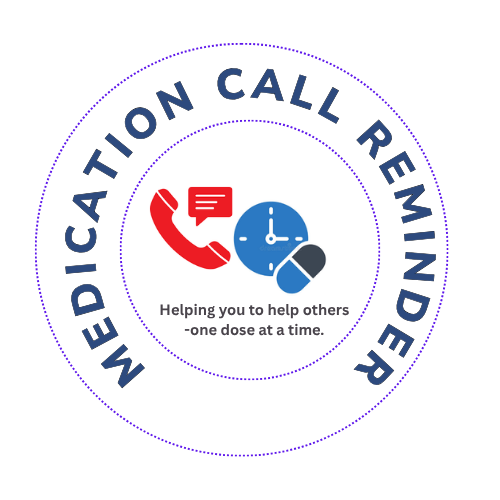One of the biggest concerns of older people and their family members is that of losing memory and other mental capacities. Confusion and memory loss are not normal in aging. They usually have specific causes which can be identified. Confusion can take two major forms: delirium and dementia.
Delirium is a form of mental confusion that comes on suddenly and can go away just as suddenly. People with delirium may be disoriented about time and place, have disorganized thinking, and see or hear things that aren’t there. Causes of delirium include changes in medication, infections, heart disease, sudden and unexpected changes in the person’s environment such as going into the hospital and poor nutrition. Usually, delirium will go away after the conditions that cause it are removed. So, if confusion comes on suddenly, look for some of these causes, then see a doctor to help remedy the problem.
While delirium starts quickly and can end as quickly, dementia comes on slowly and just gets worse with time. Dementia means loss of intellectual abilities so that it interferes with social or work life, and memory loss possibly combined with poor judgment and changes in personality.
Dementia can be caused by small strokes, Alzheimer’s disease, or other disorders that affect the brain. If your family member exhibits slow changes in intellectual abilities or memory loss, perhaps combined with lapses in judgment or personality changes, you might check with their physician to see if the cause can be identified and if anything can be done to slow or stop the process. Regardless of the cause, confusion is difficult to deal with. So what can be done?
First, recognize that the family member cannot control this behavior and has the right to be treated as an adult despite the confusion. The confusion may come and go, making it appear that the person has control, even when they may not. This can be extremely irritating to you, so try to remember that the person cannot control this behavior.
It helps to keep the person in touch with what is going on around the home and remain part of a daily routine. You can arrange the home to be safe: Take locks off inside doors so you can have quick access if a fall occurs; put safety latches on cabinets that contain potentially hazardous cleaning agents; remove knobs from the kitchen stove if the stove presents a danger; use child proof door knob covers where appropriate; and have identification on the person at all times a bracelet and names on clothing in case of wandering.
You can provide memory aids, such as large faced clocks and big calendars for easier reading; use a bulletin board to display a daily schedule, reminders of things to do, personal greetings; use the person’s name and your name frequently, such as “Good morning Stan, it’s Kate. It’s time to have breakfast in the kitchen.”; speak slowly and calmly, giving directions one step at a time.
It also helps to have a daily routine. You can involve the person in simple routine tasks like setting the table; have a list of daily activities available on a bulletin board; remind the person what’s going to happen next, and repeat basic information throughout the day. Introduce changes in routine very slowly to allow for adjustment.
All these strategies taken together can be helpful in reducing stress or tension in the home as you go about helping the confused person.


0 Comments